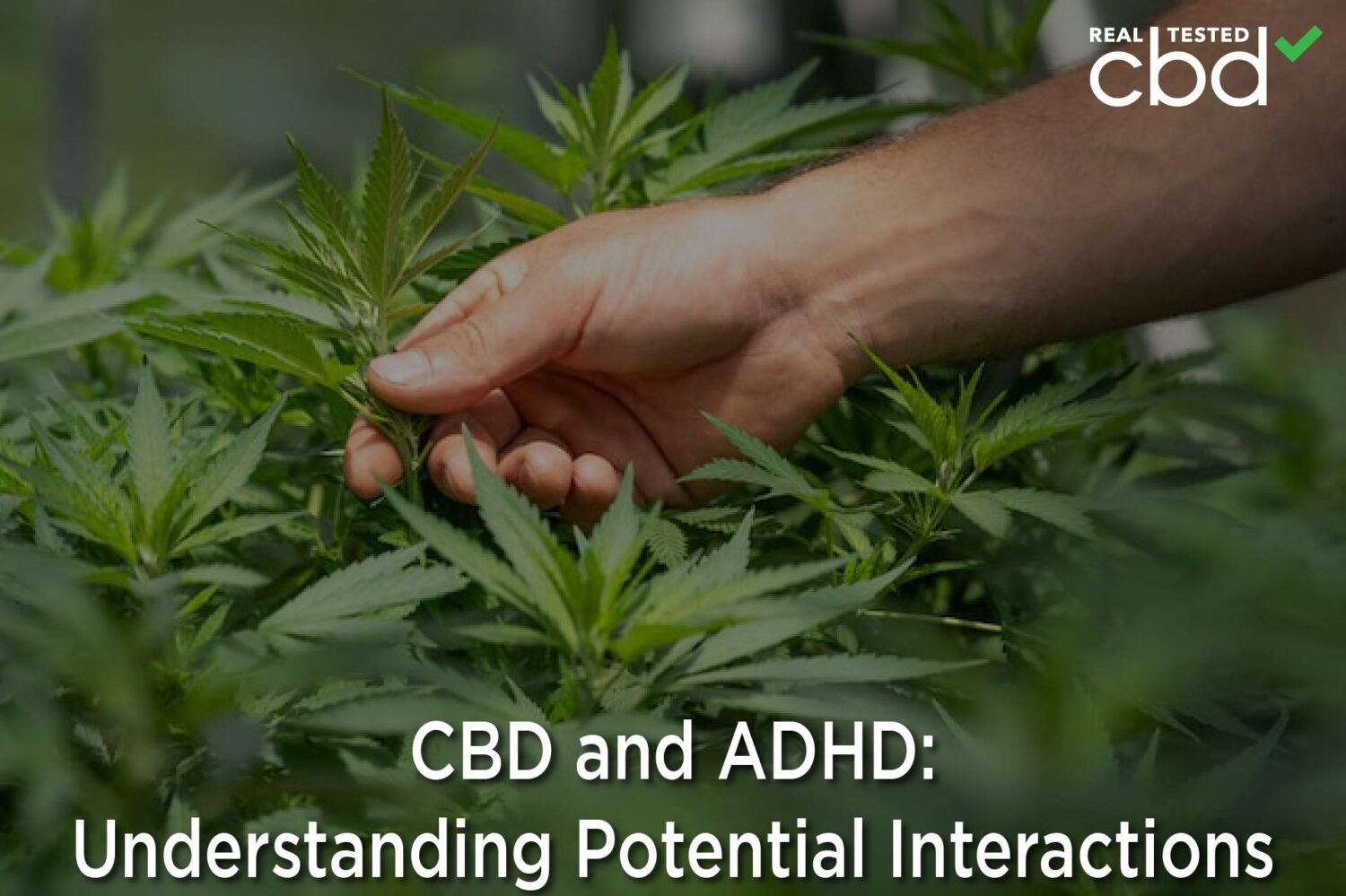
As we dive headfirst into an age where natural remedies and holistic healing practices are gaining momentum, one such compound has become a frontrunner: Cannabidiol, commonly known as CBD. This natural, non-psychoactive compound found in the cannabis plant has been touted for a myriad of potential wellness benefits, ranging from pain management to anxiety reduction.
Although our understanding of all the possible benefits of CBD is still in its early stages, there is a burgeoning interest in its potential use for managing symptoms of Attention Deficit Hyperactivity Disorder (ADHD).
Understanding ADHD
ADHD is a neurodevelopmental disorder typically characterized by a pattern of inattention, hyperactivity, and impulsive behavior. Traditional treatment approaches have generally included a combination of medications, behavioral interventions, and lifestyle changes. As the world becomes increasingly open to alternative and complementary therapies, CBD has entered the conversation as a potential supplemental approach for managing ADHD symptoms.
Understanding CBD
Before we explore this potential link, it’s important to understand what CBD is and isn’t. CBD is one of over 120 cannabinoids found in the hemp and cannabis plants. Differing from its infamous counterpart, Tetrahydrocannabinol or delta-9 THC which is often associated with marijuana, CBD doesn’t produce a “high” or intoxicating feeling. CBD has become an increasingly popular choice among users for potential benefits like soothing pain, reducing inflammation, and potentially easing anxiety.
CBD and ADHD: The Intersection
Preliminary research has proposed potential links between CBD and ADHD symptom management; though it’s important to note that these are early findings and more research is required. Some studies have pointed towards CBD’s potential to manage common coexisting conditions with ADHD, such as anxiety and insomnia, which could indirectly impact ADHD symptoms.
In the case of anxiety, which is frequently reported in individuals with ADHD, CBD has been studied for its potential calming effects. By possibly reducing anxiety levels, it’s theorized that CBD could indirectly aid in managing some symptoms of ADHD. Similarly, the potential of CBD to improve sleep patterns could also indirectly support individuals with ADHD, given the commonality of sleep disturbances in this population.
When it comes to ADHD directly, some anecdotal reports suggest that CBD may help with hyperactivity and impulsivity, two hallmark symptoms of ADHD. However, we must remember that anecdotal reports are not a substitute for clinical research, which is needed to fully understand the possible correlation between CBD and aiding in ADHD treatment.
Always Turn To High-Quality Products
CBD is not currently recognized as a treatment for ADHD by any major health organization, but its potential does seem promising. The exploratory and anecdotal evidence may suggest a potential supplemental role for CBD in managing certain symptoms, and research is underway to understand this relationship better.
If you’re considering the potential benefits of CBD for ADHD, it is always wise to consult with a healthcare professional first. As always, CBD should not replace any current treatment for ADHD but may be considered as a potential supplement.
Another important thing to consider when thinking about CBD for ADHD is the quality of your product. Only using high-quality CBD products is key to reaping its potential benefits. Turn to Real Tested CBD if you are looking for an educational resource and a guide to the highest quality cannabinoid products all backed by third-party lab test results.
Advertising disclosure: We may receive compensation for some of the links in our stories. Thank you for supporting LA Weekly and our advertisers.

